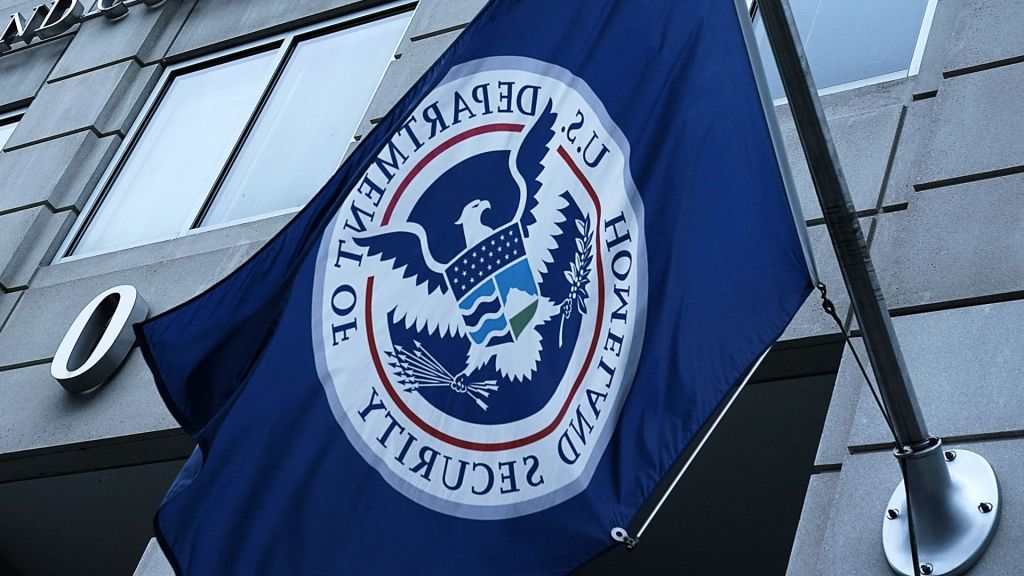
[Simone Del Rosario]
If you’re too drunk at a bar, a bartender may cut you off. But who’s there to cut you off when you’re too deep in an online gambling hole?
A New Jersey woman is suing DraftKings, claiming the sports betting site preyed on her husband with incentives that drove him to deposit $15 million over four years.
And here’s the kicker. She says he stole from her and their two minor children to fuel his addiction, and lost nearly $1 million of her and the kids’ money. She says he stole the money from her credit cards and the kids’ savings accounts.
The couple is now separated, according to the lawsuit.
Now on its face…
[Wayne Taylor]
That feels like a stretch to me. I mean, if he walked into a casino and did the exact same thing, I don’t see why the casino would necessarily be responsible.
[Simone Del Rosario]
Wayne Taylor worked in Las Vegas in the casino industry. He’s now an assistant professor at Southern Methodist University, and this year published a paper on the effect online gambling policy has on irresponsible gambling.
But this lawsuit specifically says it “does not allege liability on the basis that [DraftKings] passively permitted a problem gambler to use its gambling platform,” rather, that DraftKings “actively participated in the addiction of [her husband] by targeting him with incentives, bonuses, and other gifts to create, nurture, expedite, and/or exacerbate his addiction.”
[Wayne Taylor]
There is a bit of borderline predatory marketing that does come into this so that, I think you would have a case, a strong case, against that type of behavior.
[Wayne Taylor]
That’s what I would say is their weakest point in a case like that, is they are very, very aggressive. I mean, they’re very aggressive with the offers, the promotions.
[Simone Del Rosario]
The lawsuit claims DraftKings knew he was an addicted gambler because they actively monitored his data. And that he was depositing money in such increasingly high amounts that they should have verified the source of the funds, which may have revealed he was stealing from his family.
The lawsuit says the husband went from depositing about $2,000 a month into DraftKings in 2020 to nearly $65,000 a month in 2023.
DraftKings has yet to comment on the suit.
Taylor says the online sports betting world is new and murky, and he expects to see more cases like this, where people get hooked and want someone to blame.
[Wayne Taylor]
There’s a massive amount of interest in sports betting. So when you look at the tail end of the behavior, there are going to be these extreme cases where people lose their house, or they lose their entire relationships and family.
[Simone Del Rosario]
But he says the vast majority of people are doing it responsibly. And how does he know? His research looked at more than 700,000 gamblers over five years.
Yes, the increasing legalization of sports betting and online casino gambling increased the number of people engaging in irresponsible gambling – defined as gambling more than 1% of your income.
[Wayne Taylor]
When you’re gambling more than 1% of your income, you start to have these trickle over effects into health issues, relationship issues. So that was kind of our benchmark, that we focused on. And not surprisingly, when you give more access to these platforms to bet on, we see an increase in this irresponsible behavior.
[Simone Del Rosario]
Taylor’s research found the problems – and tax revenue – are significantly higher in states that also legalize online casinos and not just online sports betting.
As of this year, six states legalized online casino gambling, while online sports betting is legal in 30 states.











